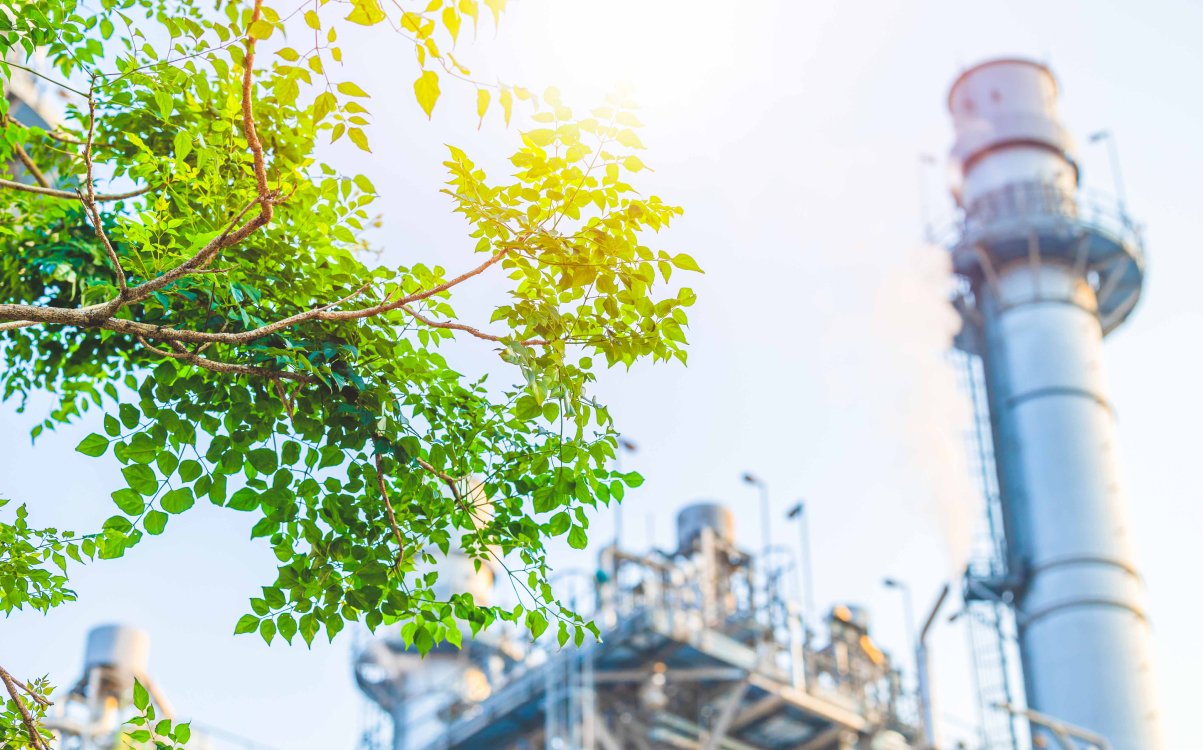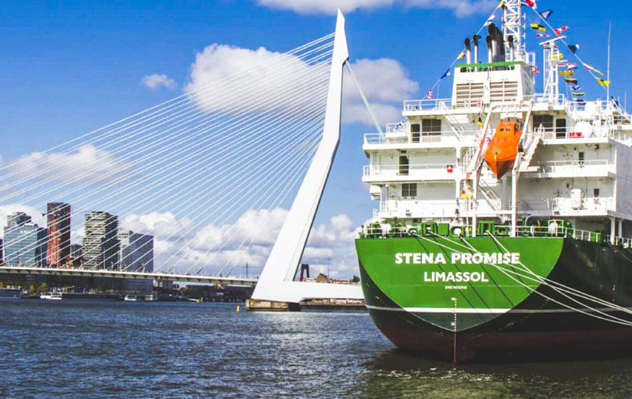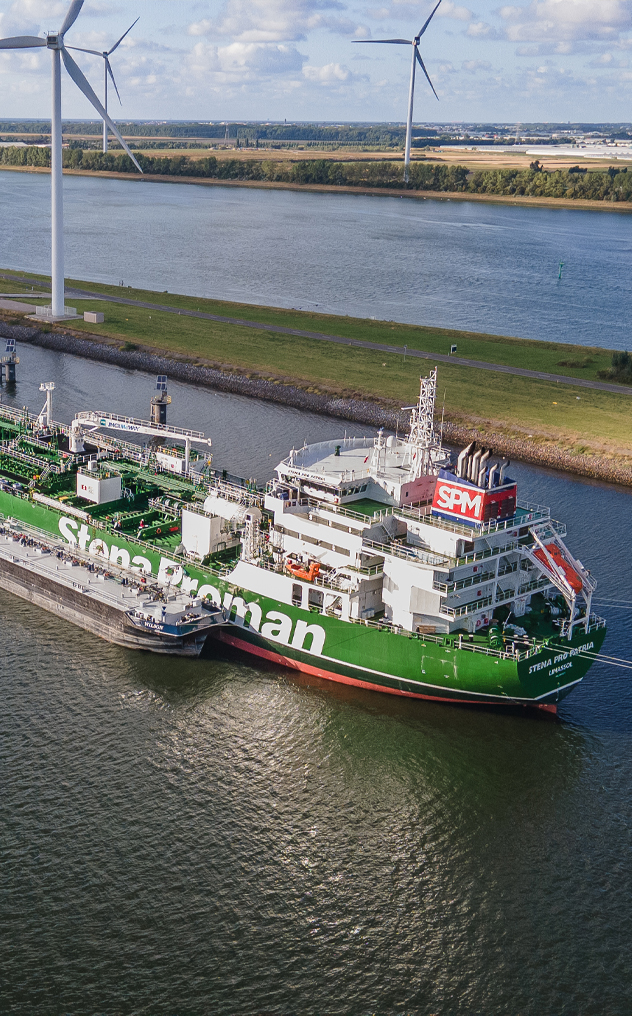PATHWAYS FORWARD
A Bright Future
for Methanol

Methanol is a fundamental component in the chemical industry and an increasingly vital player in the energy sector.
As the world embraces the energy transition, methanol's potential as a cleaner fuel for the industrial, transport and maritime sectors has gained momentum. It is increasingly produced using low-carbon and green technologies, making it a versatile solution for hard-to-abate industries striving for a more sustainable future.

Its traditional applications include processing into formaldehyde for producing resins, glues, and various plastics, as well as acetic acid for polyester fibers and PET plastics. The processing of methanol into olefins has grown dramatically in recent years, and methanol's use as a feedstock for ethylene and propylene has unlocked new value chains in the production of polyethylene, polypropylene, glycols, and more.

In our daily lives, methanol is found in plastics, paints, resins, polyesters, foams, building materials, and numerous health and pharmaceutical products. It is one of the mostly widely traded chemical commodities worldwide.

Energising the future
with Methanol
Methanol: Cleaner Combustion
The use of methanol as a cleaner alternative fuel for the automotive and transport industry is growing, driven by its efficient combustion, ease of distribution and global availability. It is a versatile and affordable solution to meet global road transport decarbonisation targets, significantly reducing airborne pollutants and greenhouse gas emissions.
As a clean-burning fuel, methanol is already a key component in the production of biodiesel, as a high octane component in gasoline and feedstock for dimethyl ether, which is used as a substitute for LPG.
Methanol is already used in gasoline blends in several regions worldwide, from low (3-5%), mid (15-30%), and high (50-100%) volume percentages, and as a diesel substitute for use in heavy-duty vehicles (HDVs). China is leading the way with its M100 (100% methanol) fuel, and methanol-derived fuels such as A20, a 15% methanol-5% bioethanol blend, are being trialed in Europe.

Methanol: A Marine Fuel for a Sustainable Shipping Future
Stricter regulations in the shipping industry have led to the rise of methanol as a marine fuel.
Methanol is a safe, clean-burning, cost-effective, and globally available marine fuel that complies with International Maritime Organization (IMO) regulations, enabling vessel owners and operators to meet IMO 2030 and IMO 2050 GHG and CO2 reduction targets.
Conventional methanol, produced from natural gas, virtually eliminates soot and SOx, significantly reduces NOx, and tank-to-wake CO2 emissions compared to traditional marine fuels. Methanol is biodegradable, less environmentally damaging, widely available at ports worldwide, and requires minimal adjustments to existing engine technologies.
The production of ‘green' methanol from sustainable sources like waste, biomass, or renewable energy is expanding, alongside low-carbon methanol made using carbon-capture technologies. Green, low-carbon and conventional methanol can all be blended, making methanol a truly future-proof shipping fuel.

Methanol Generators: Powering a Cleaner Future
Methanol is an economically and environmentally advantageous replacement for diesel in power generation.
It produces virtually zero sulfur oxides (SOx) and particulate matter, and reduces NOx emissions by up to 70% compared to diesel-fueled counterparts, delivering immediate air quality improvements and reducing the environmental impact of energy consumption.
This well-proven, compression-ignited alcohol technology offers the same user experience as traditional diesel engines, with maintenance comparable to a standard diesel-fueled engine.

Methanol Resources
We deliver value across the entire supply chain from project development and production to marketing and logistics.
Wollerau
Singapore
Houston
















